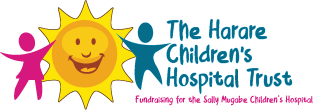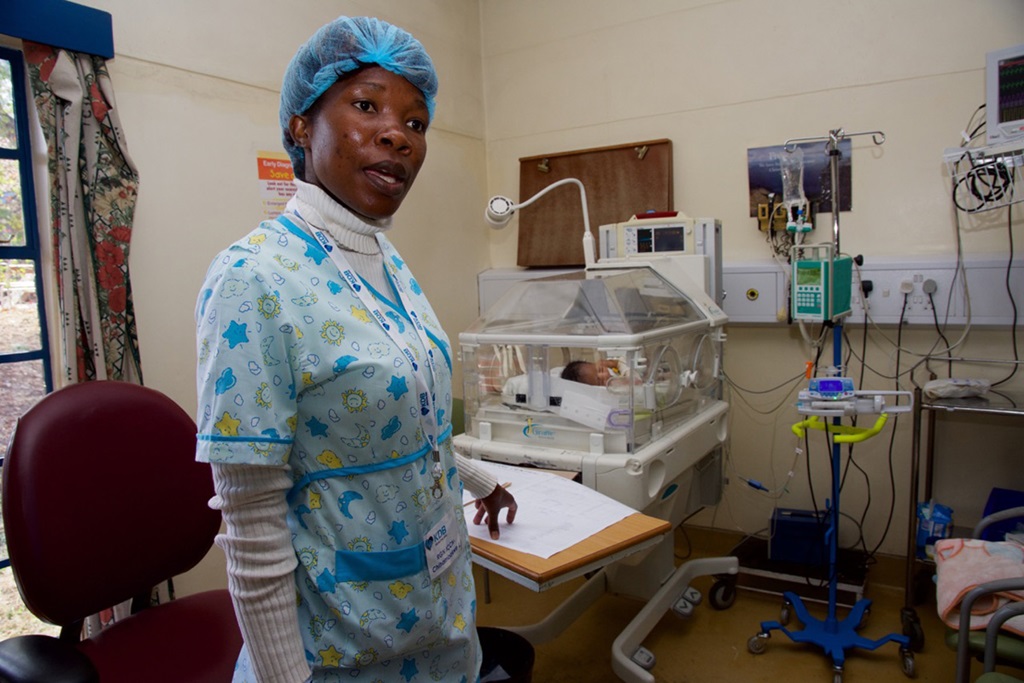Continued Training of Medical and Nursing Staff
Embassy of Japan
In December 2019 the Trust received a grant of $68,532 from the Embassy of Japan for the construction of facility tor large group education and training workshops. The intention is to construct an open but sheltered facility with adjacent playground where children can play and be observed while their parents or Caregivers are attending the workshop. Groups of 30-40 parents and children attend these workshops, which are disability specific e.g., Downs Syndrome, Cerebral Palsy, Hearing Impairment, etc. The workshop programme is an essential component of the CRUs treatment strategy and its effectiveness in helping parents understand and come to terms with them child’s disability has been demonstrated. It is also effective at reducing the impact of negative cultural beliefs by enabling parents to meet many others whose child has the same disability. The facility will also be utilised for training workshops for rehabilitation staff throughout Zimbabwe and for medical student seminars. When not being used for workshops, the space will be utilized for physio and occupational therapy sessions for patients who have already been through the assessment process and are attending for follow up treatment.
The Herz Foundation
Database Programme
One of the major problems that the Children’s Hospital has faced over the last 10 years has been the lack of storage capacity for the patient’s paper records. This led to the collapse of the filing system and a large accumulation of unfiled records. The Herz Foundation of Heidelberg, Germany generously donated $50,000 to assist the Trust to develop a paperless records system for the hospital. The system will utilise software developed for the national Electronic Health Records programme by the Ministry of Health and Child Welfare. The system is initially being implemented at District and Provincial levels and Harare Children’s Hospital will be the first tertiary level hospital to access the programme. The system will enable doctors to capture patients details and clinical data on laptops and automatically upload into the database The database will be searchable and therefore able to be utilized for research and disease monitoring purposes. The project is being overseen by Dr Tungamirai Simbini of the University’s Informatics Department and involved the installation of internet access throughout the hospital, the purchase of Servers and computers and training of staff. Mr Michael Kaldasch of Aimedis donated $7,000 for the purchase of servers as a component of the project

